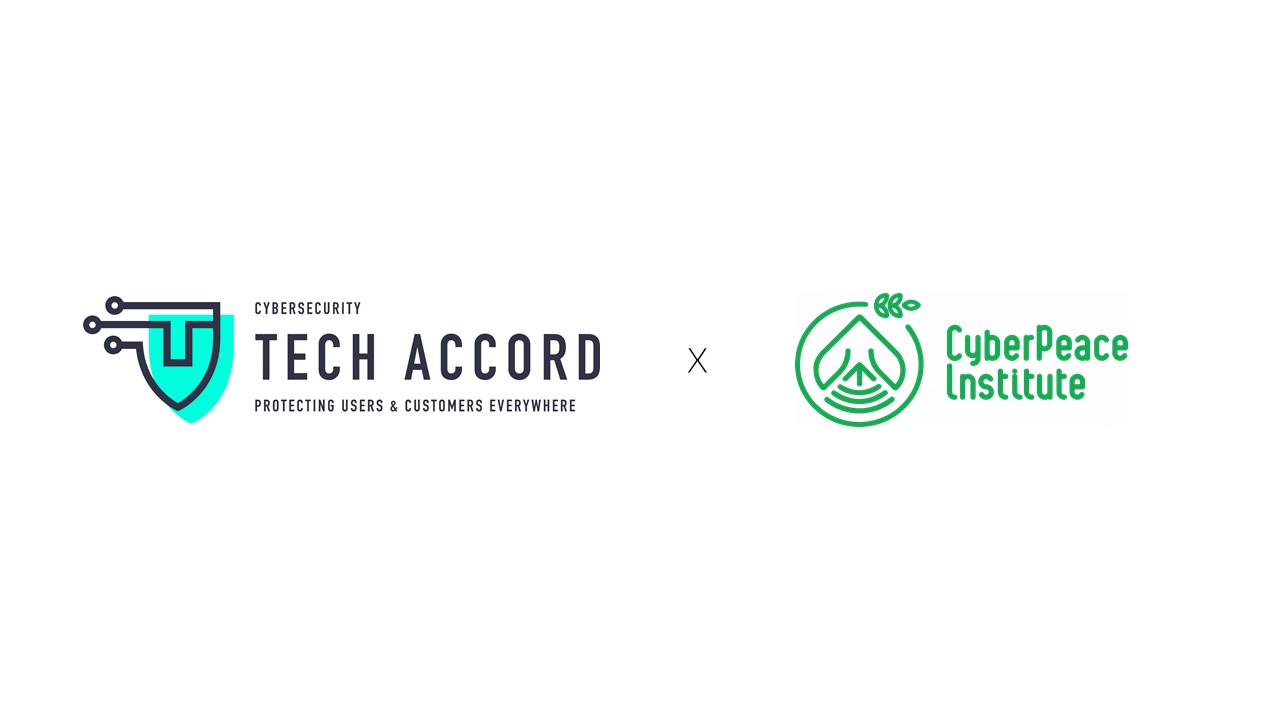Cybersecurity Tech Accord and CyberPeace Institute publish the Multistakeholder Manifesto on Cybercrime in all six UN languages to ensure accessibility ahead of upcoming UN cybercrime negotiations.
In January 2022, United Nations (UN) member states will start negotiations on a new global cybercrime convention, commencing a multi-year process meant to enhance international legal capacities to combat rising cybercrime. The effort has raised concerns, however, that a new cybercrime treaty might undermine human rights or existing systems for international cooperation. With this in mind, last September, the Cybersecurity Tech Accord joined with the CyberPeace Institute in launching the Multistakeholder Manifesto on Cybercrime to provide guidance to governments on what needs to be protected and prioritized in the negotiations. Today, we are re-releasing the Multistakeholder Manifesto translated into all six UN languages – Arabic, Chinese, English, French, Russian, and Spanish. At this time, only 25% of member states have submitted a national position paper on a new convention on cybercrime, and we hope that improving the accessibility of the Manifesto will help countries that are still in the process of defining their positions.
The effort to negotiate a new cybercrime convention was kicked off in 2019 by UN General Assembly (UNGA) Resolution 74/247, which established the Ad Hoc Committee (AHC) to host the process. Negotiations in the AHC are expected to conclude by the 78th session of the UNGA, which runs from September 2023 to September 2024. While a new treaty may have the potential to improve international cooperation, many are concerned that the initiative also presents an opportunity for governments to criminalize free speech and political dissent online, as well as undermine existing international instruments for cooperation, most notably the so-called “Budapest Convention” on cybercrime.
In October, governments began submitting their initial statements to the Ad Hoc Committee ahead of the deliberations in January, and some of these statements have indeed validated multistakeholder concerns as they appear much more preoccupied with protecting state sovereignty than they are with addressing the needs of cybercrime victims. Additionally, some of the statements make either no or only limited mention of how a new cybercrime convention should consider human rights. And troublingly, some of the most vocal proponents of a new cybercrime treaty thus far are governments that have long been turning a blind eye to cybercriminal operations taking place within their own borders.
However, while many governments have submitted initial statements to the AHC, many more have not and are still determining what to prioritize and how to approach constructing a new international instrument to address cybercrime. It is for this community of states in particular that we worked to develop the Multistakeholder Manifesto, which has now been endorsed by over 60 entities from across civil society, the private sector and thought leaders. It is built around a set of essential principles for structuring an inclusive, and victim-centric dialogue in the AHC process and ensuring that any resulting treaty is rights-respecting and supports meaningful cooperation to fight cybercrime.
The Manifesto encourages governments to establish an inclusive process in which industry can provide technical expertise and civil society can highlight what is required to protect human rights. In short, the Manifesto makes clear that a new cybercrime convention cannot be negotiated behind closed doors and must prioritize the needs of victims over the needs of states. This AHC process must be as transparent and consensus-driven as possible, as the outcome will have serious implications for organizations, individuals and society.
We hope the Manifesto can serve as a valuable resource for governments and stakeholders across varied geographies and cultures. This is why it was important for us to produce multiple versions of the Manifesto in all six UN languages, ensuring it is widely accessible to all member states. We hope that all parties involved in the negotiating process of the new cybercrime convention will reflect on and support the principles it puts forward.
The Manifesto remains open for signatures from the multistakeholder community. For additional information, please contact [email protected] or [email protected].
The Arabic, Chinese, English, French, Russian, and Spanish versions of the Manifesto are available here:
Arabic Manifesto on Cybercrime
Mandarin Manifesto on Cybercrime
English Manifesto on Cybercrime
French Manifesto on Cybercrime
Russian Manifesto on Cybercrime
Spanish Manifesto on Cybercrime

